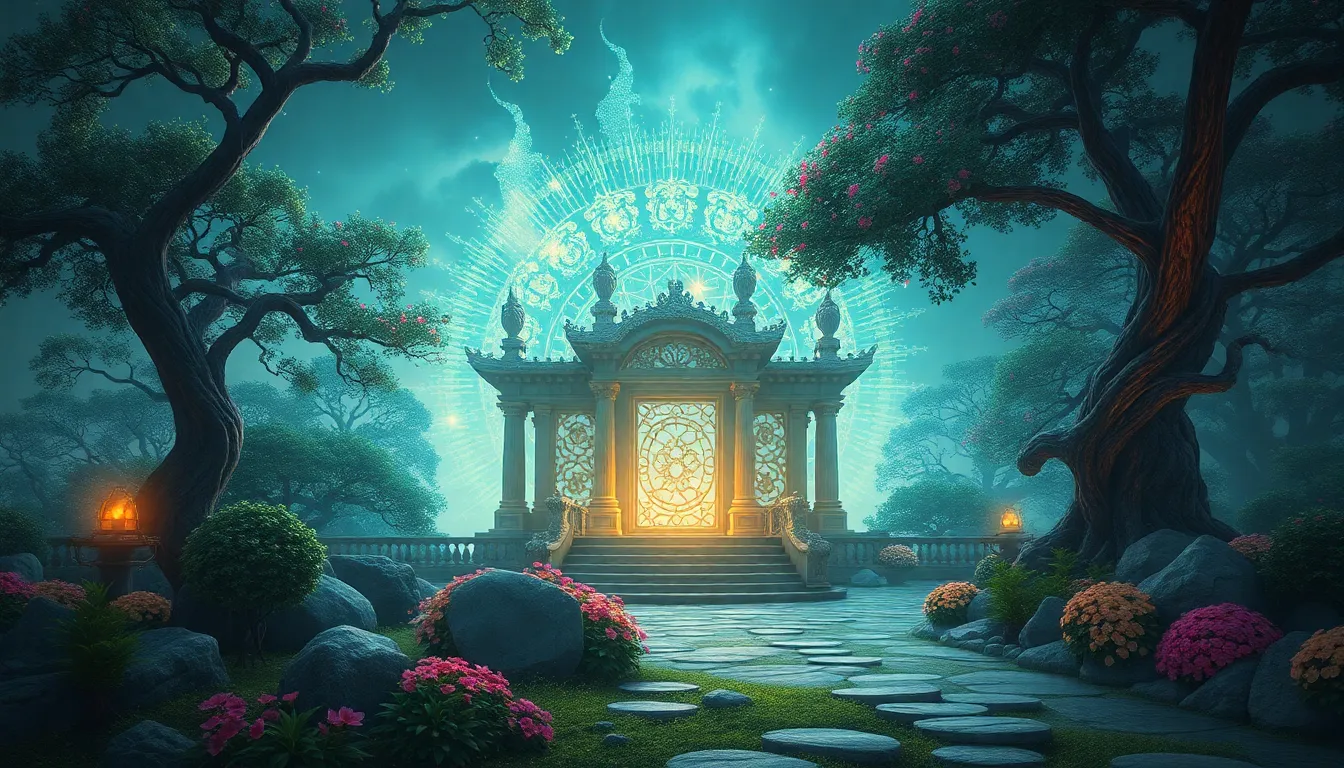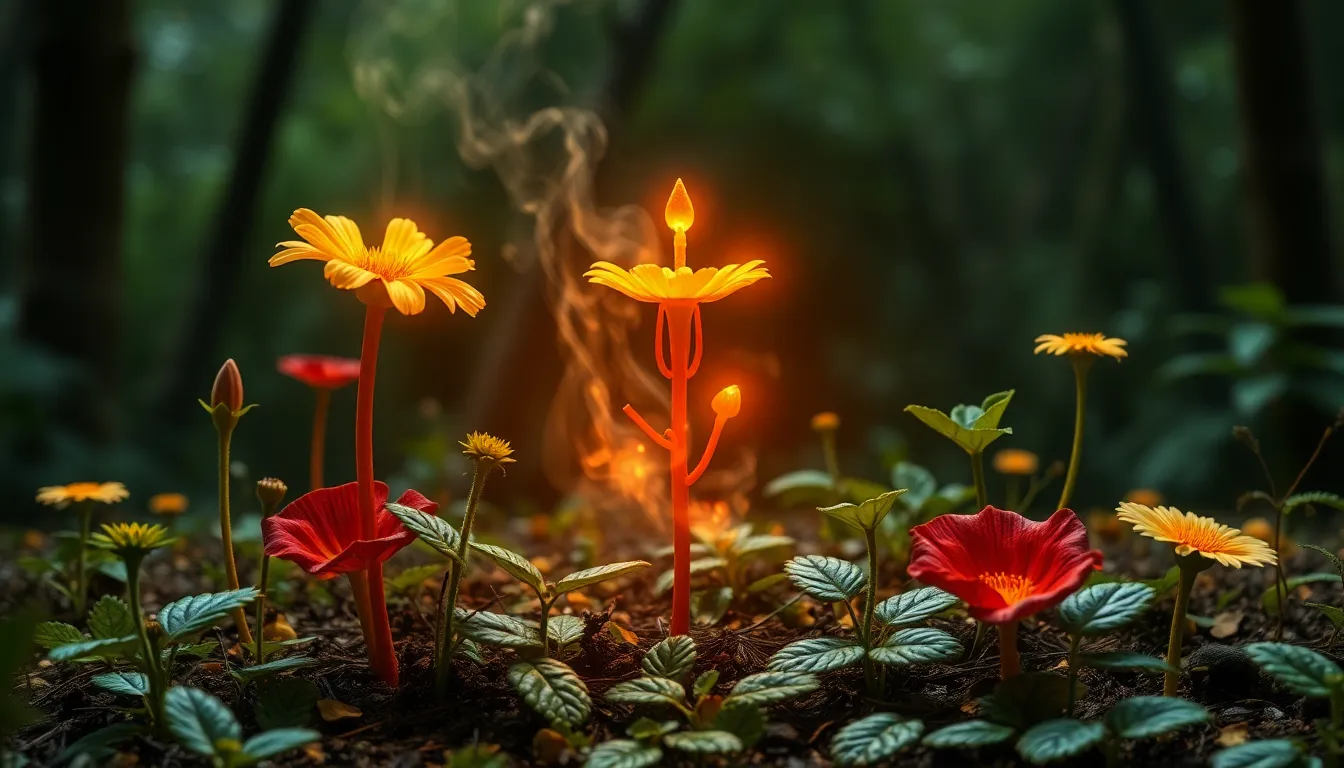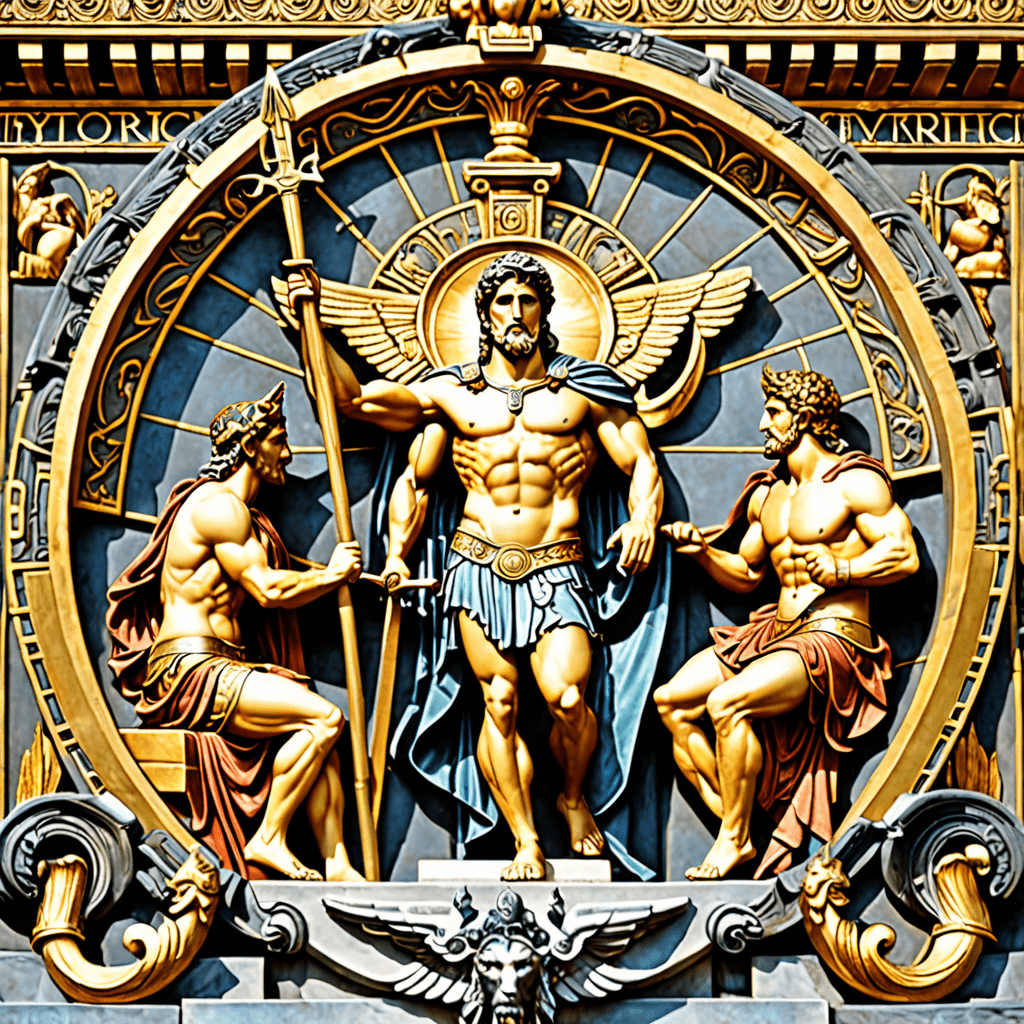The Quest for the Eternal Garden: Myths of Timeless Beauty
Introduction: The Allure of Timeless Beauty
Timeless beauty is a captivating concept that transcends the boundaries of time and culture, evoking a sense of wonder and admiration. It is often defined as a beauty that remains constant and unchanging, regardless of the era or societal trends. One of the most enchanting representations of this idea is the notion of the “eternal garden,” a place where beauty flourishes in its purest form.
Exploring myths related to beauty allows us to delve into the rich tapestry of human imagination and cultural heritage. This journey not only helps us understand different perceptions of beauty but also reveals the underlying values and aspirations that have shaped our relationship with nature and aesthetics throughout history.
Historical Perspectives on Beauty and Gardens
Throughout history, gardens have served as vital symbols of beauty across various civilizations. The ancient Babylonians, for instance, are famously associated with the Hanging Gardens of Babylon, one of the Seven Wonders of the Ancient World. This legendary garden was said to be a marvel of engineering and artistry, demonstrating the heights of human creativity.
In addition to the Babylonians, many other cultures have celebrated the beauty of gardens:
- Egyptians: Utilized gardens for both aesthetic pleasure and religious significance.
- Greeks: Emphasized harmony and proportion, often incorporating gardens into their architectural designs.
- Chinese: Developed intricate gardens that reflected philosophical ideals and sought to harmonize nature and human life.
Gardens have also played a significant role in art and literature throughout history, often symbolizing paradise, love, and the passage of time. From the romantic verses of poets to the vivid landscapes painted by artists, the garden has been a potent symbol of beauty and inspiration.
Mythological Gardens Across Cultures
Mythological gardens serve as rich sources of inspiration and symbolism in various cultures. One of the most renowned is the Garden of Eden, which represents innocence, purity, and the ideal state of existence. This biblical garden has been interpreted in numerous ways, symbolizing not just paradise but also the loss of innocence and the longing for a return to a state of grace.
In Greek mythology, the Elysian Fields are depicted as a heavenly paradise where heroes and virtuous souls reside in eternal beauty and peace. This idyllic landscape embodies the ultimate reward for a life well-lived, reinforcing the idea that beauty is closely tied to virtue and morality.
The Chinese garden, on the other hand, reflects a deep philosophical approach to aesthetics. These gardens are meticulously designed to create harmony between natural elements, such as water, rocks, and plants, promoting a sense of tranquility and contemplation.
The Role of Nature in the Concept of Eternal Beauty
Nature itself embodies the idea of timelessness, with its cycles of growth, decay, and renewal. The changing seasons serve as a reminder of the impermanence of life, yet they also highlight the beauty that can be found in each phase. The blooming of flowers in spring, the lush greenery of summer, the vibrant colors of autumn, and the stark beauty of winter all contribute to our evolving perceptions of beauty.
From an ecological perspective, the quest for the eternal garden also emphasizes sustainability. As we strive to create beautiful spaces, it is essential to consider how our actions impact the environment. Sustainable practices in gardening not only preserve the beauty of nature but also ensure that future generations can enjoy the eternal garden.
The Influence of Mythical Gardens in Literature and Art
Mythical gardens have profoundly influenced literature and art, serving as settings for exploration, reflection, and transformation. In Frances Hodgson Burnett’s novel, “The Secret Garden,” the garden becomes a symbol of healing and personal growth for the characters. It illustrates how beauty can inspire change and rejuvenation in our lives.
Artistic representations of mythical gardens can be seen in the works of renowned artists:
- Claude Monet: His series of water lily paintings captures the ethereal beauty of nature.
- Vincent van Gogh: His vibrant depictions of flowers and landscapes evoke emotions tied to beauty and chaos.
- Georgia O’Keeffe: Her floral paintings emphasize the intricate details of nature, inviting viewers to appreciate beauty in its purest form.
These artistic interpretations not only reflect individual perspectives on beauty but also shape society’s collective view, encouraging people to find inspiration in the natural world.
Journeying Through the Symbolism of Gardens
Gardens serve as metaphors for personal growth and transformation. They represent the nurturing of our inner selves, echoing the idea that beauty often arises from struggle and perseverance. The interplay of light and shadow within a garden can symbolize the complexities of life, illustrating how beauty can coexist with darkness.
In many spiritual traditions, gardens hold significant meaning. They are seen as sacred spaces for reflection and connection to the divine. For example:
- In Christianity: The Garden of Gethsemane is a place of prayer and contemplation.
- In Buddhism: Zen gardens promote mindfulness and meditation through their simplicity and order.
These spiritual connections highlight the profound impact that gardens can have on our lives, encouraging us to seek beauty and peace within ourselves and the world around us.
Modern Interpretations of the Eternal Garden
In contemporary society, the concept of the eternal garden has evolved to encompass urban gardens, green spaces, and community initiatives aimed at enhancing beauty in our lives. The contemporary garden movement emphasizes the importance of accessibility to nature, fostering a sense of community and well-being.
Technology also plays a role in shaping modern interpretations of beauty. Innovations in gardening techniques, such as vertical gardens and hydroponics, allow for the creation of beautiful green spaces in urban environments. These advancements encourage a sustainable approach to beauty, blending nature with technology.
Moreover, mindfulness and wellness have become integral to modern garden design, promoting spaces that foster relaxation and serenity. Creating gardens that prioritize mental health and well-being reflects a growing awareness of the importance of beauty in our daily lives.
Challenges to Achieving the Eternal Garden
Despite the allure of the eternal garden, numerous challenges threaten its realization. Environmental issues, such as climate change and habitat destruction, pose significant threats to natural beauty. Urbanization often leads to the loss of green spaces, creating a disconnect between people and nature.
Additionally, societal pressures and the commercialization of beauty can distort our perceptions. The emphasis on perfection often leads to unrealistic expectations, overshadowing the inherent beauty found in imperfection and the natural world.
Personal Reflections on the Quest for Beauty
My personal journey through gardens has taught me invaluable lessons about beauty and resilience. Each garden I have encountered, whether a wildflower patch or a meticulously tended landscape, has offered a unique perspective on the beauty of nature. These experiences have encouraged me to appreciate the small moments of beauty in everyday life.
Embracing the concept of beauty in all its forms has become a guiding principle for me. Nature teaches us that beauty is not only found in grand displays but also in the quiet moments of life—a blooming flower, a rustling leaf, or the sound of rain. These lessons remind us to cherish our individual perspectives and celebrate the diversity of beauty that surrounds us.
Conclusion: The Eternal Quest for Beauty in Gardens
The quest for timeless beauty in gardens is a journey that intertwines history, mythology, art, and personal reflection. From the ancient civilizations that revered gardens to the modern movements advocating for sustainable green spaces, the eternal garden remains a powerful symbol of hope and inspiration.
As we navigate the complexities of our world, may we continue to seek beauty in nature and within ourselves, nurturing our own eternal gardens for generations to come.



